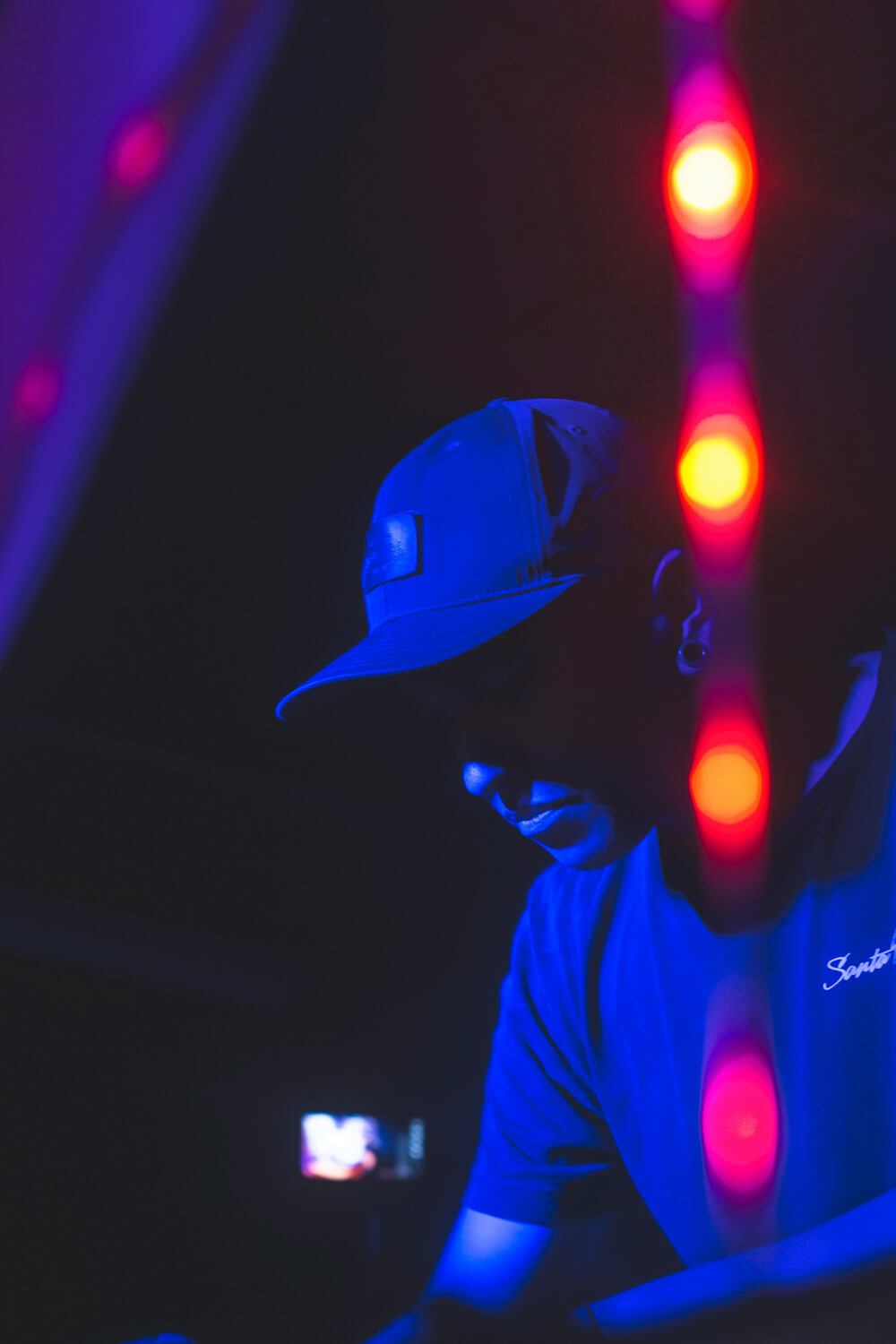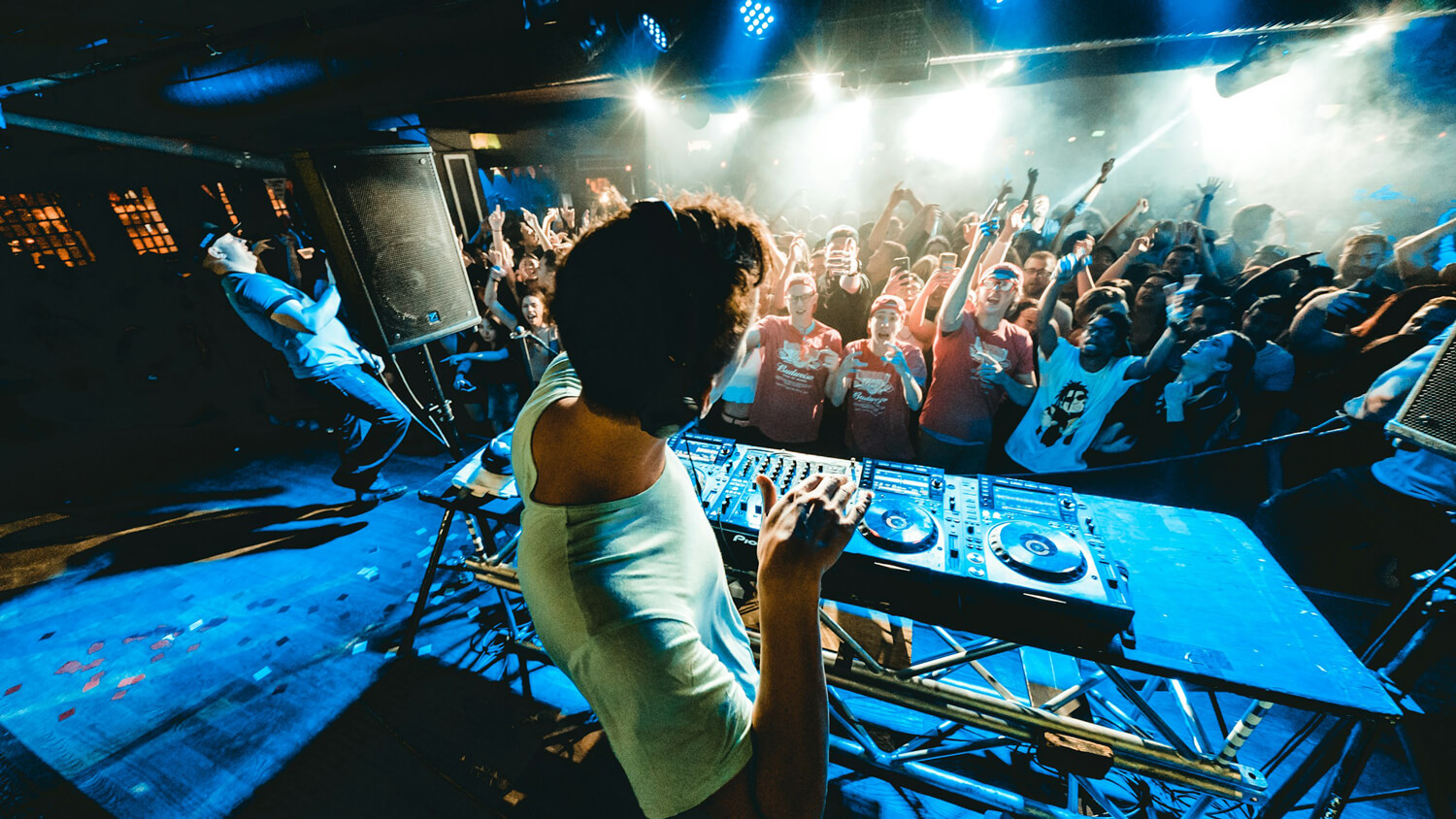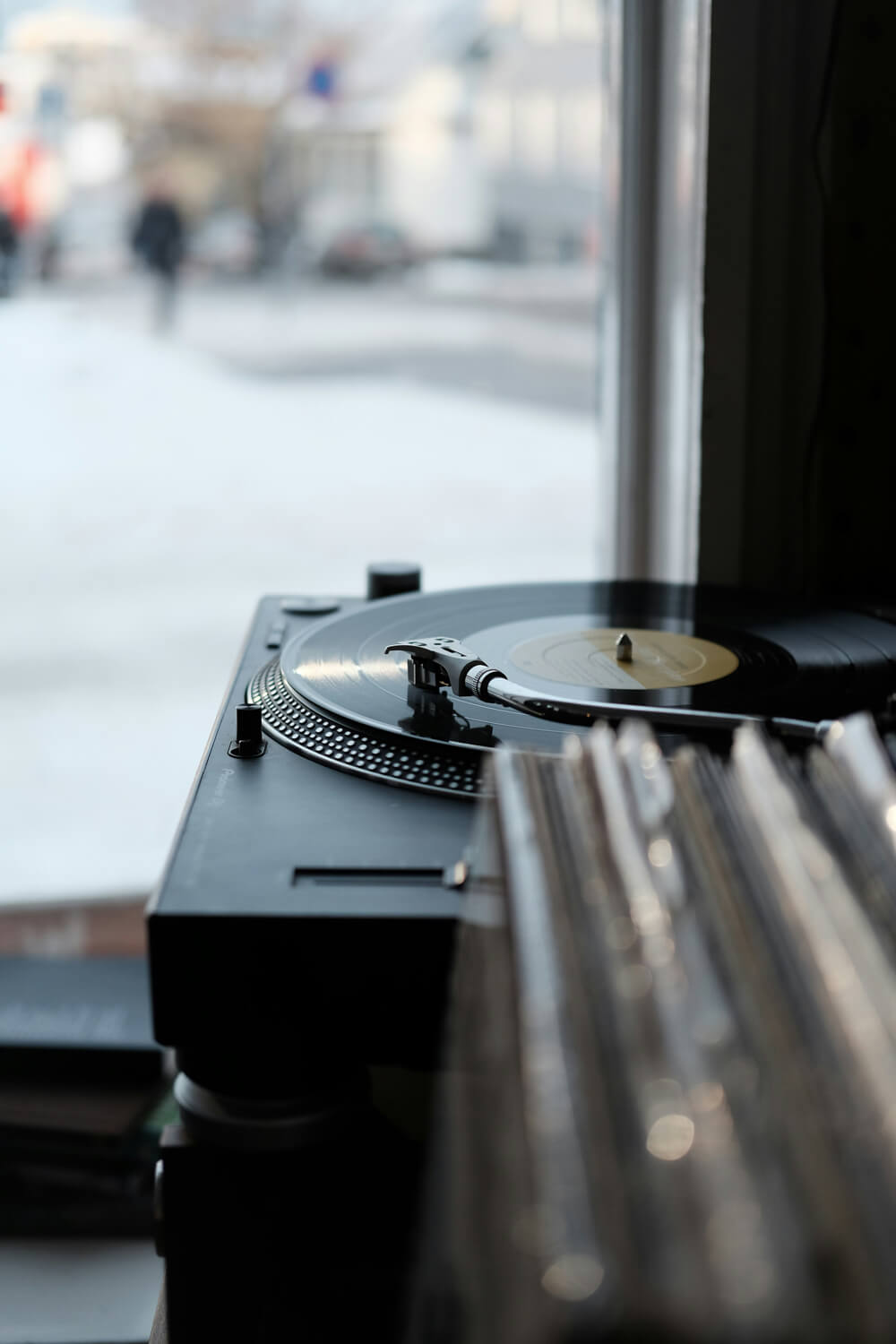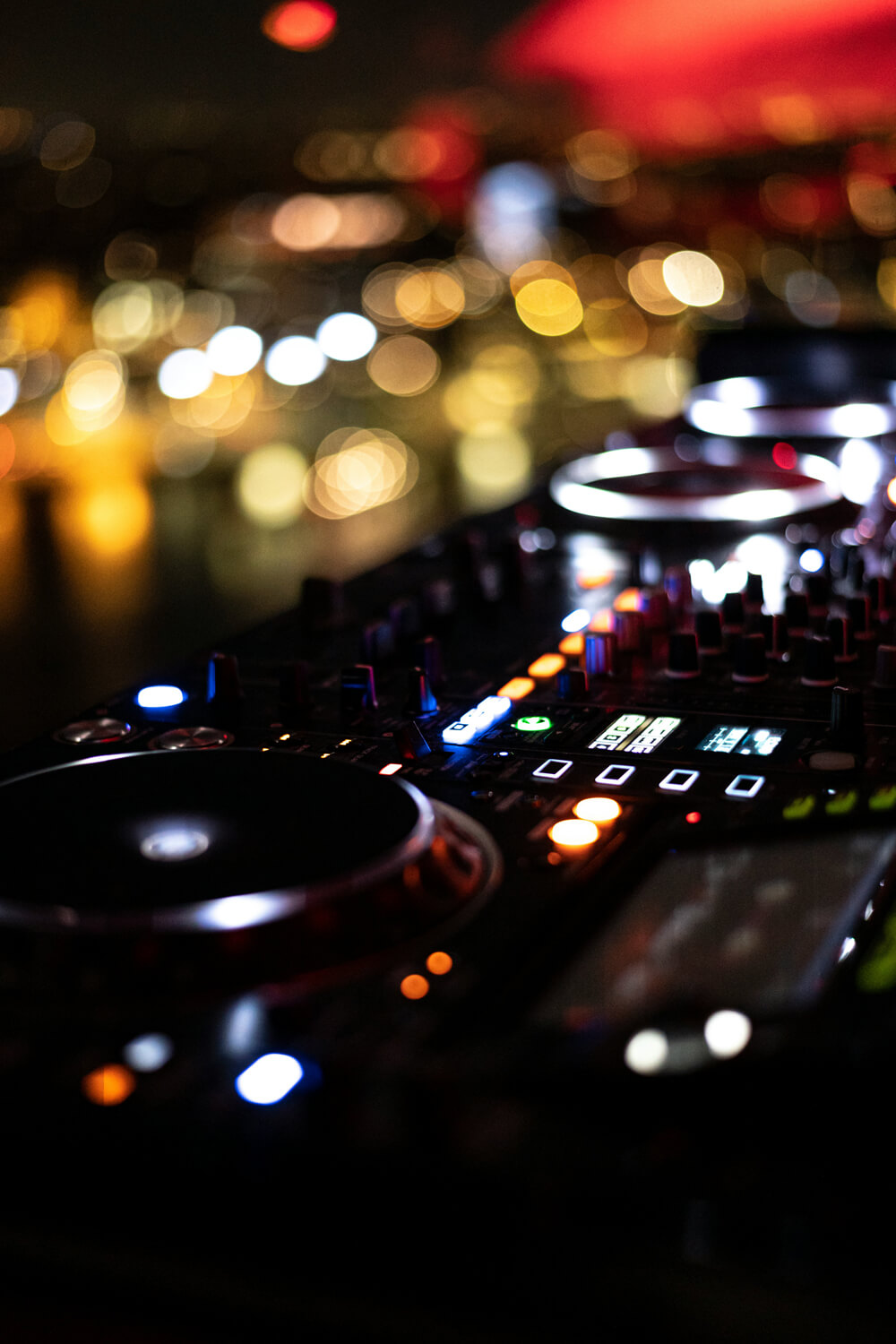
The Rise of Solo Clash Selectors/MCs VS. Traditional Clash Sound Systems
Soundclashes are a cornerstone of dancehall and reggae culture, a thrilling musical battleground where sound systems vie for dominance. Traditionally, these clashes have hinged on the use of exclusive dubplates—customized tracks that feature personalized shoutouts or unique lyrics crafted specifically for the sound system that commissioned them. However, a trend that has always existed to some extent is now becoming more prominent: incorporating 45 records (regular commercial releases) either exclusively or in combination with dubplates. This shift has sparked considerable debate within the community. Is this evolution beneficial for the culture, or does it dilute the essence of sound-clashing?
Historical Context of Sound Clash Culture
Historically, a sound clash involves competing sound systems—teams comprised of multiple members, including selectors (DJs) and MCs (masters of ceremonies or mic chanters)—each trying to outperform the other with their selections of music and crowd control techniques. These events are not just musical battles but also a showcase of charisma, strategy, and technical prowess. Prominent teams like King Addies, Bass Odyssey, and Mighty Crown have been stalwarts in this scene, known for their deep dubplate catalogues and dynamic team interactions.
Emergence of Solo Clash Selectors and MCs
In recent years, the rise of solo selectors and MCs has been noticeable. Individuals such as Tony Matterhorn, Pink Panther, and now Dynamq have made significant marks as solo acts. These soloists manage both music selection and crowd engagement by themselves, a task traditionally divided among several team members.
“The dancehall sound clash scene is experiencing a significant transformation as solo selectors and MCs gain popularity over traditional sound systems with teams. ”
Factors Influencing the Solo Trend
Technological Advancements: Modern technology has streamlined much of what required multiple hands in the past. Digital music libraries and advanced DJ equipment allow a single individual to manage what used to require a team. This accessibility has lowered the barriers to entry, enabling solo performers to participate more readily in clashes.
Economic Considerations: Operating as a solo selector or MC significantly reduces costs. With fewer people to split earnings with, solo artists can manage their careers more economically. This is particularly appealing in an era where music and performance gigs can be unpredictable income sources.
Personality and Branding: The dancehall scene often elevates charismatic individuals. Solo artists have a unique opportunity to brand themselves, creating a more direct connection with their audience. The focus on individual personality can often translate into a stronger personal brand and a more dedicated fanbase.
Flexibility and Creative Control: Solo artists enjoy complete creative control over their sets, selections, and performance style. This autonomy allows for more personal expression and innovation during clashes, potentially leading to a more dynamic and unpredictable show.
Impacts on the Dancehall Community
Audience Engagement: Solo performers often cultivate a distinct rapport with their audience, making each performance feel more intimate and personal. This can lead to greater audience loyalty and engagement, as fans feel a direct connection with the selector or MC.
Changing Dynamics of Clashes: The dynamics of sound clashes have evolved with the rise of soloists. The strategy shifts from team synergy to individual cunning and adaptability, changing how clashes are judged and won.
Opportunities for New Talent: The solo trend lowers the entry barrier for new artists, encouraging more individuals to showcase their talents. This can lead to greater diversity and innovation as new styles and approaches emerge.

Economic Challenges for Solo Selectors: The Cost of Dubplates
For solo selectors, the cost of dubplates presents a substantial challenge:
Higher Individual Costs: Solo selectors bear the full cost of dubplates without the benefit of sharing expenses with team members. This can be financially burdensome, especially for those who are new or do not have the backing of a large sound system or sponsors.
Investment Versus Return: Investing in quality dubplates is critical for success in clashes, but it’s a costly endeavor. Solo selectors must balance the cost against potential earnings from clashes and events. The financial risk is higher, as there’s no team to absorb losses if a clash or event does not yield expected returns.
Networking and Relationships: Building relationships with artists is essential for obtaining dubplates at a reasonable cost. Solo selectors might find this challenging compared to established sound systems with longstanding industry connections. However, a well-connected solo selector can leverage personal relationships to negotiate better prices or exclusive dubplates that can give them an edge in clashes.
Strategic Investment: Solo selectors often have to be more strategic about which dubplates they invest in. This means choosing artists and songs that can deliver the most impact in a clash setting, maximizing the value of each dubplate. They might also prioritize versatility in their selections to cover various styles and responses during a clash.
The dancehall sound clash scene is experiencing a significant transformation as solo selectors and MCs gain popularity over traditional sound systems with teams. This shift reflects broader changes in technology, economic sustainability, and cultural consumption. While traditional team-based clashes will always be a foundational element of dancehall culture, the rise of solo artists represents a vibrant and evolving facet of this dynamic musical landscape. As the scene continues to evolve, it will be fascinating to see how new technologies and cultural trends will further shape the strategies and performances of both new and veteran clash artists.
Subscribe to newsletter
You may also like
Fan Perspectives: What Makes a Great Sound Clash?
Fans are the lifeblood of sound clashes. Their passion and energy drive the event, making it a uniqu
The Cost of Dubplates: A Pricing Debate
The story of dubplates is a compelling chapter in the history of music, particularly within the regg
The State of Sound Clash Culture: Challenges and Opportunities
Sound clash culture, a cornerstone of reggae and dancehall music, has been a defining force in shapi



